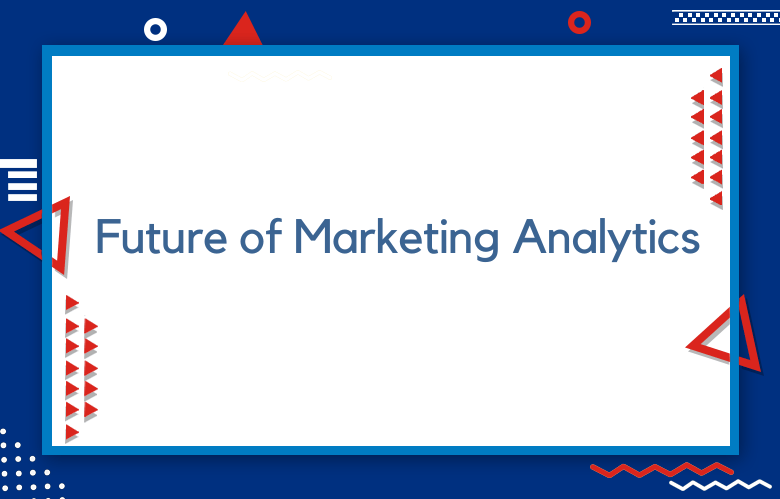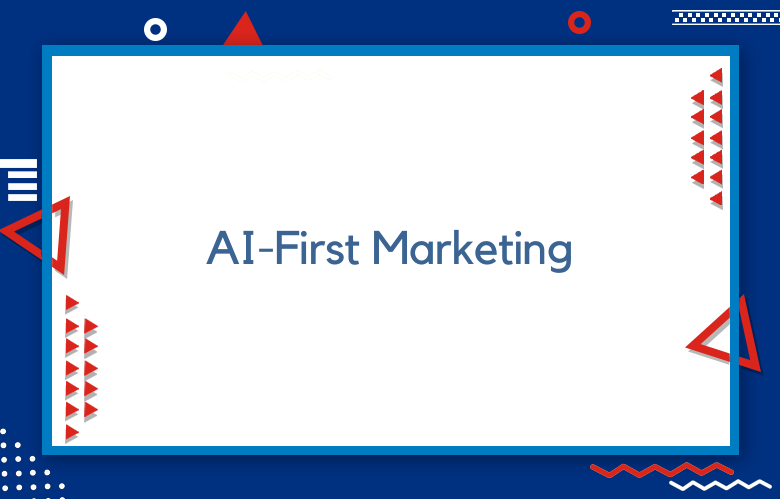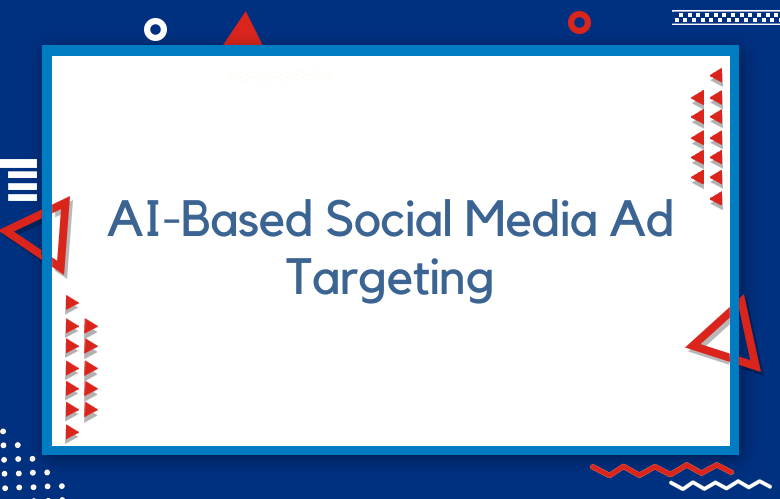The Future of Marketing Analytics

Marketing analytics measures analyzes and generates insights from marketing data to help inform marketing decisions. It allows marketers to track, action, and optimize their marketing efforts to improve their campaigns’ ROI.
In short, marketing analytics is essential for effective marketing.
The future of marketing analytics is shrouded in potential but limited by obstacles.
On the one hand, businesses are expected to become more data-driven in their decision-making, and artificial intelligence (AI) is becoming more sophisticated and affordable.
However, some challenges must be addressed, such as data privacy concerns and a lack of skilled analytics professionals.
We’ll explore the opportunities and challenges facing the future of marketing analytics.
By understanding both the potential and the obstacles, businesses can make informed decisions about utilizing marketing analytics best to drive their success.
Marketing analytics can inform marketing strategy and planning and measure success against marketing objectives.
The future of marketing analytics is data-driven and powered by artificial intelligence (AI).
Technological advancements have made marketing analytics more accessible and easier to use.
This means that more businesses of all sizes will benefit from the power of marketing analytics.
We can expect the future of marketing analytics to be exciting, with more businesses using it to gain a competitive edge.
The Importance of Marketing Analytics
The use of marketing analytics has become essential for businesses to understand how their digital marketing campaigns are performing and where they can improve.
By understanding which Digital Marketing Channels generate the most leads or sales, businesses can focus on those channels and allocate their resources more efficiently.
Marketing professionals can use analytics to track customer engagement and behavior throughout the buyer’s journey.
This gives businesses a better understanding of what customers want and needs so that they can create more targeted and effective marketing campaigns.
The Future of Marketing Analytics
Marketing Analytics to Grow Your Business
If you’re not using marketing analytics, you’re missing out on a powerful tool to help your business grow.
Marketing analytics can help you track your progress, identify areas for improvement, and make better decisions about your marketing strategy.
You can also make better decisions by getting insights that would otherwise be difficult or impossible to obtain.
AI-powered marketing analytics is the future of marketing, and it’s here to stay.
3 Reasons Why You Should Use Marketing Analytics
If you’re not using marketing analytics, you’re missing out on its many benefits. Here are three reasons why you should start using marketing analytics:
- Save time and money. Marketing analytics can automate repetitive tasks such as data collection and analysis. You can spend less time on these tasks and more on other business areas.
- Make better decisions. Marketing analytics provides insights that would otherwise be difficult to obtain.
- Stay ahead of the competition. By using marketing analytics, you can gain a competitive edge over other businesses in your industry that are not using this powerful tool.
The Potential of Marketing Analytics
The future of marketing analytics is auspicious. As mentioned above, businesses are becoming more data-driven in their decision-making, which means they’re emphasizing data-driven insights when making choices about their marketing initiatives.
AI is becoming more sophisticated and affordable, which means that businesses will have access to more data and the ability to analyze that data more efficiently.
These two factors combined mean businesses can make more informed decisions about their marketing efforts and allocate resources more effectively.
In turn, this should lead to improved campaign ROI and increased profits.
Furthermore, with more data comes the ability to personalize marketing messages better and target specific demographics with laser precision.
The Obstacles Facing Marketing Analytics
Although all the potential marketing analytics has for businesses, some obstacles must be addressed before it can reach its full potential.
There are data privacy concerns that need to be considered. With GDPR and other data privacy regulations coming into effect, businesses must be careful about collecting and storing customer data.
They must also ensure they have the customer’s consent before using their data for marketing.
Another obstacle facing marketing analytics is a lack of skilled professionals.
The field of marketing analytics is still relatively new, meaning there is a shortage of people with the necessary skillset required to collect, analyze, and interpret marketing data correctly.
This shortage can make it difficult for businesses to find the right people to staff their marketing analytics team or department.
As a result of these obstacles, businesses need to carefully consider how they want to approach marketing analytics moving forward.
They need to weigh the potential benefits against the challenges and decide whether or not investing in marketing analytics is right for them.
More Data, More Insights
As mentioned above, one of the biggest trends in marketing analytics is that marketers have access to more data than ever.
And as we collect more data, we’ll be able to glean even deeper insights into our customers’ needs and wants.
We’ll also better understand what’s working and what’s not with our marketing campaigns. In short, we’ll have a wealth of data at our fingertips that we can use to make informed decisions about our marketing strategies.
Bigger Budgets for Marketing Analytics
As marketing analytics becomes increasingly essential for businesses, marketers can expect to see their budgets for marketing analytics increase.
After all, if you want to stay competitive, you need to use data to drive your decisions.
That said, don’t be surprised if your company invests more in marketing analytics tools and hires more analysts in the coming years.
More Collaboration Between Marketing and IT
For marketing analytics to be truly effective, there needs to be a close collaboration between marketing and IT.
After all, it’s IT that typically houses all of the data that marketers need to analyze.
As data becomes increasingly important for decision-making, more collaboration between these two departments is expected.
Data Privacy and Security
Data privacy and security concerns will grow as data breaches become more common.
Marketers must be more careful about collecting, storing, and using customer data.
In particular, they’ll need to pay close attention to compliance with data privacy laws like the General Data Protection Regulation (GDPR) and the California Consumer Privacy Act (CCPA).
Artificial Intelligence and Machine Learning
Artificial intelligence (AI) and machine learning will become increasingly important in marketing analytics.
AI can help marketers automate repetitive tasks like email marketing and social media monitoring.
Machine learning can be used to develop predictive models to help marketers identify which customers are most likely to convert or churn.
Big Data
As marketing channels proliferate and customer behavior becomes more fragmented, the volume of data marketers have to deal with will continue to increase.
While this may seem daunting, it also presents a massive opportunity for those who can make sense of all this data and extract actionable insights.
Big data technologies like Hadoop and Spark will become increasingly essential for marketing teams.
Cloud Computing
Cloud computing will also play a vital role in marketing analytics.
Cloud-based analytics platforms offer several advantages over traditional on-premise systems, including scalability, flexibility, and cost efficiency.
We expect to see more marketers moving their analytics infrastructure to the cloud in the years ahead.
AI-assisted Segmentation
One of the most tedious tasks in marketing analytics is segmentation.
Segmentation divides a more significant market into smaller subgroups based on shared characteristics.
This gives businesses a better understanding of their target audience so they can tailor their marketing efforts accordingly.
AI-assisted segmentation automates this process by using algorithms to identify patterns in data sets.
This saves businesses a lot of time and resources and produces more accurate results.
Automated Reporting
Another time-consuming task in marketing analytics is generating reports.
Automated reporting simplifies this process by automatically generating reports based on data from multiple sources.
This saves businesses time and money and ensures that reports are always up-to-date.
Automated reporting is an essential tool for businesses that want to stay competitive in the ever-changing world of digital marketing.
Prediction APIs
Prediction APIs are machine learning that enables computers to predict future events.
This technology is often used to predict consumer behavior, such as the products they are likely to purchase or the content they are likely to engage with.
Prediction APIs are a valuable tool for businesses to anticipate changes in the marketplace.
Increased Focus on Artificial Intelligence (AI) and Machine Learning (ML)
Undoubtedly, AI and ML will significantly impact the future of marketing analytics.
Some companies use these technologies to automate email marketing, social media advertising, and lead-scoring tasks.
AI and ML will also be used to provide more accurate predictions about customer behavior.
As these technologies become more sophisticated, we expect them to play a more significant role in marketing analytics.
Greater Use of Advanced Data Visualization Techniques
Advanced data visualization techniques will become increasingly important as businesses strive to make sense of large data sets.
Data visualization tools such as heat maps, scatter plots, and pie charts will help businesses identify patterns and trends in customer behavior.
These tools will create visually appealing reports that can be easily shared with organizational decision-makers.
More Collaboration Between Marketers and Data Scientists
For businesses to make the most of their data, there must be close collaboration between marketers and data scientists.
Marketers deeply understand the customer journey and what drives customer behavior.
Data scientists have the technical expertise to collect, clean, and analyze data.
By working together, marketers and data scientists can gain insights that would be difficult to obtain working independently.
Conclusion
Businesses can identify trends and optimize their marketing strategies by analyzing data to reach more consumers.
With new technologies emerging all the time, marketing analytics is constantly evolving.
The future of marketing analytics is exciting, with many new advancements that will simplify and automate tasks, save businesses time and money, and provide insights into consumer behavior.
These new tools will give businesses a competitive edge in the ever-changing world of digital marketing.
Marketing is ever-changing, and with more technology in our lives, it’s no surprise that marketing analytics is also changing.
That’s where we come in.
As a digital marketing agency specializing in data-driven marketing, we stay on top of the latest changes, so you don’t have to. Contact us today for a consultation on how we can help you take your marketing analytics to the next level.
Call: +91 9848321284
Email: [email protected]



